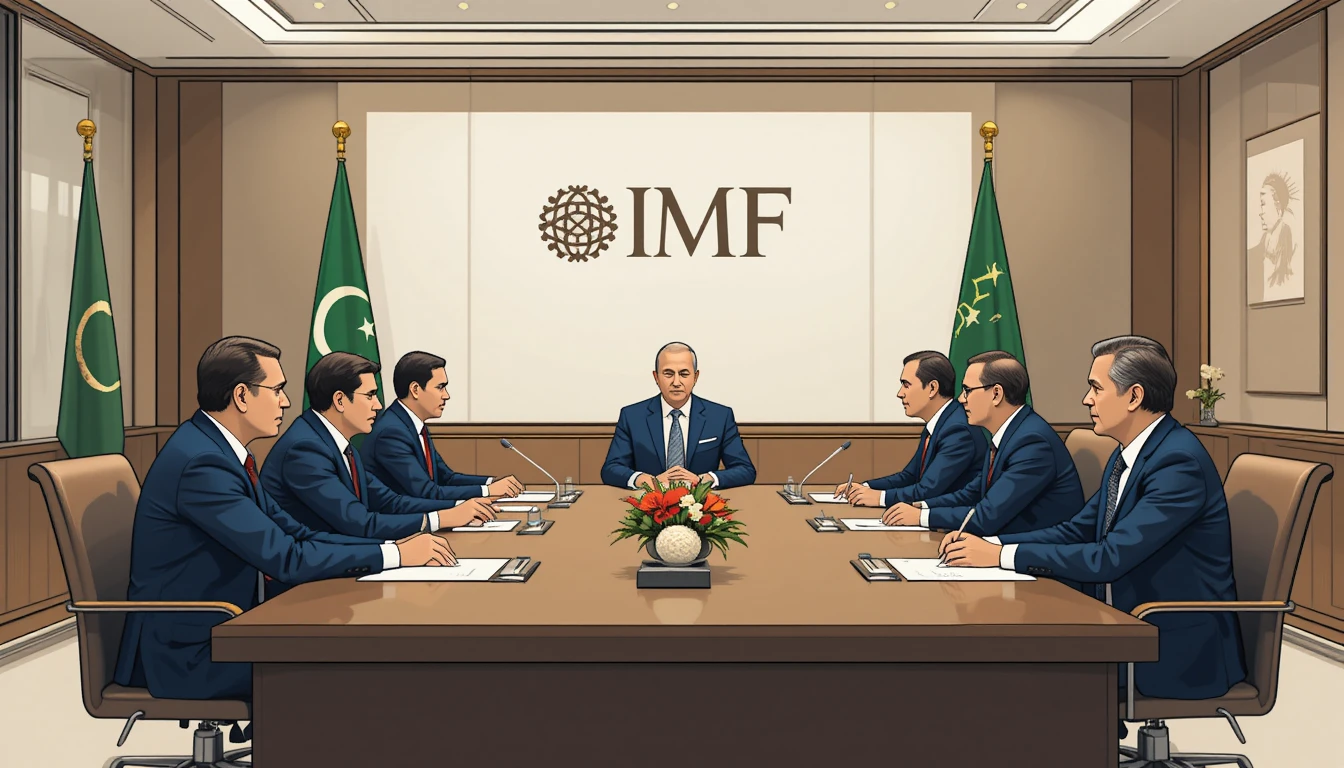Islamabad Braces for Key Discussions on Tax Reforms and Economic Policies
Key Takeaways:
i) Pakistan and the IMF will engage in technical-level discussions concerning the federal budget for the fiscal year 2025-26.
ii) The IMF will receive updates on Pakistan’s proposed tax reforms, including the phasing out of tax exemptions for new Special Economic Zones (SEZs) and the introduction of a carbon levy on petrol and diesel.
iii) The government is considering a carbon levy of Rs5 per liter on petrol and diesel as part of its climate financing program.
Islamabad, Pakistan – April 13, 2025 – Pakistan is set to engage in critical technical-level talks with the International Monetary Fund (IMF) next week, focusing on the federal budget for the fiscal year 2025-26. Senior officials from the Ministry of Finance and the Federal Board of Revenue (FBR) will participate in the negotiations, where the IMF will be briefed on Pakistan’s proposed tax reforms and economic policies.
A key aspect of these reforms is the government’s decision to withdraw tax exemptions for new Special Economic Zones (SEZs). Existing tax benefits for SEZs will also be gradually phased out by 2035. This move aligns with the IMF’s recommendations and aims to streamline tax policies and ensure a level playing field for businesses. The Special Economic Zones (SEZs) were established to promote industrial growth and attract investment in Pakistan. The Special Economic Zones Act was established on September 13, 2012.
Another significant proposal under consideration is the implementation of a carbon levy on petrol and diesel. The government is contemplating a levy of Rs5 per liter as part of its climate financing program. This measure is intended to discourage the use of fossil fuels and promote a shift towards cleaner energy sources. However, some experts have raised concerns about the potential impact of a carbon tax on Pakistan’s economy, particularly its effect on inflation and the competitiveness of energy-intensive industries.
The government is contemplating a levy of Rs5 per liter as part of its climate financing program. This measure is intended to discourage the use of fossil fuels and promote a shift towards cleaner energy sources.
These negotiations are crucial for Pakistan as it seeks to secure further financial assistance from the IMF and stabilize its economy. The IMF has previously emphasized the need for Pakistan to implement structural reforms, including expanding the tax base and improving tax collection infrastructure.




